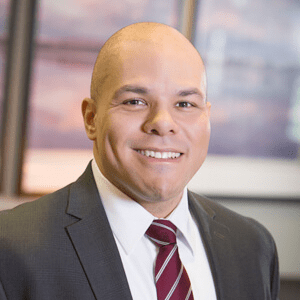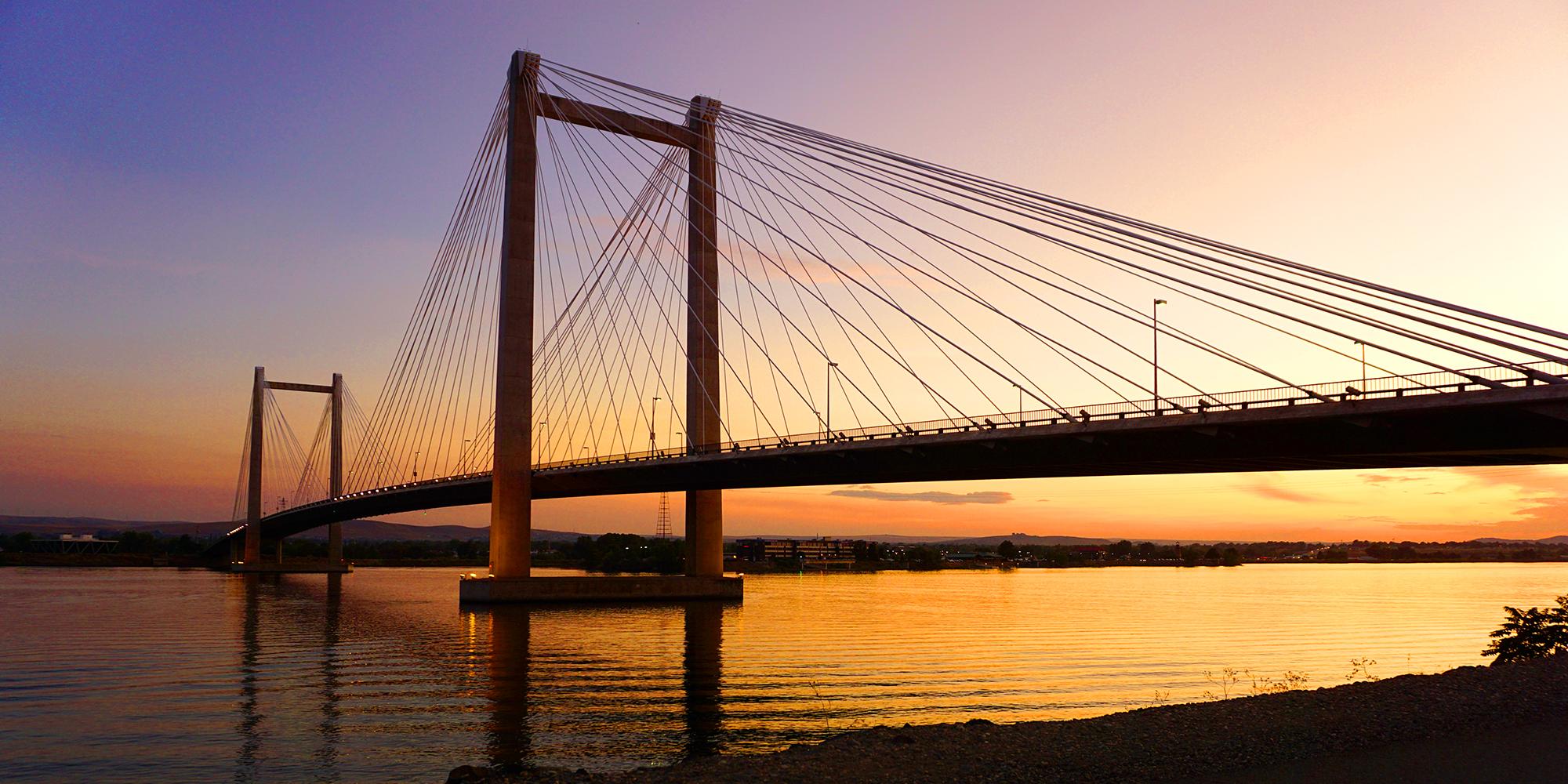THIS ARTICLE WAS ORIGINALLY PUBLISHED IN THE APRIL 2023 ISSUE OF TRI-CITIES AREA JOURNAL OF BUSINESS.
At Tri-City Development Council (TRIDEC), we are excited to celebrate 60 years of promoting economic strength and diversity. In addition to regional economic development activities, our core mission includes advocating for the funding and policies needed to support the cleanup of the U.S. Department of Energy’s Hanford site.
When it comes to Hanford cleanup, safety is the top priority. Beyond that, it is critical that the work continues to be adequately funded, and that every effort is made to execute cleanup effectively and efficiently. On the funding front we have been blessed with a congressional delegation, led by Senators Patty Murray and Maria Cantwell, and Rep. Dan Newhouse, who work extremely hard to ensure there are adequate resources every year.
Notably, the importance of funding Hanford cleanup seems to be getting through to the administration as well. For the first time in recent memory, last year’s President’s Budget request for Hanford cleanup was more than the previous year’s enacted level. This recognition, from Congress and the administration, will be especially critical over the next few years as significant additional funding will be needed for work on the High-Level Waste facility, in addition to ongoing cleanup efforts across the site.
While having adequate resources is important, it is also imperative that we look for opportunities to reduce long-term costs and expedite cleanup. One particularly compelling opportunity is to grout the supplemental low activity waste in Hanford’s underground tanks and ship it to licensed facilities outside of Washington state for permanent disposition. Supplemental waste is approximately 50% of Hanford’s tank waste that is not currently intended to be vitrified in the Low Activity Waste facility.
In addition to removing the waste from these underground tanks sooner, the U.S. Government Accountability Office (GAO) estimates that grouting Hanford’s supplemental waste could save up to $26 billion. The next step in proving out the viability is to complete Phase 2 of the Test Bed Initiative, which would grout and ship 2,000 gallons of supplemental tank waste. We are hopeful that Phase 2 will be completed this calendar year.
Hanford is economic driver
While our primary focus at Hanford is on the successful cleanup effort, with over 12,000 employees, the site is a significant economic driver for our community. As TRIDEC and our community partners continue working to reduce the Tri-City economy’s dependence on federal spending, we are looking at clean energy and technological innovation as key opportunities for economic diversification.
Dubbed “Clean Up to Clean Energy,” by Washington State University Tri-Cities Chancellor and TRIDEC Board Chair Sandra Haynes, this vision harnesses the Tri-Cities’ unique capabilities to further establish our community as a global leader in the research, development, manufacturing and deployment of clean energy technologies.
These capabilities include a highly skilled craft labor force, extensive science and engineering expertise, available land, and robust transportation infrastructure.
The Tri-Cities are also extremely fortunate to have the Pacific Northwest National Laboratory (PNNL), whose scientific and technical expertise will be a tremendous asset in fulfilling this vision.
New advanced reactor
Since the days of the Manhattan Project, the Tri-Cities’ historic roots have been in nuclear, and we believe that nuclear energy will be a key part of our future. There is a profound sense of pride about our community’s role in helping the United States win World War II and the Cold War.
We also have been leaders in nuclear innovation at the N Reactor and the Fast Flux Test Facility (FFTF). Moreover, the Tri-Cities are home to the Pacific Northwest’s only commercial nuclear reactor, the Columbia Generating Station operated by Energy Northwest.
Our goal is to double-down on this nuclear legacy by building a new advanced reactor here in the Tri-Cities area.
In addition to the new jobs created by the construction and operation of the reactor, it would provide our region with much needed carbon-free baseload electricity. The new generation of advanced reactors also will require a robust supply chain including advanced nuclear fuels, and the Tri-Cities is extremely well suited to be a hub for nuclear manufacturing.
Nuclear is just one piece of the puzzle, however. There are many additional opportunities on our horizon. These include hydrogen technology development and generation, biofuels, battery manufacturing, carbon capture, thought leadership driven by Washington State University Tri-Cities’ Institute for Northwest Energy Futures, and much more.
Progress at Hanford opens the door for many of these new opportunities, including the transfer of additional lands and facilities to the community as the cleanup footprint shrinks. As we look to the future, TRIDEC remains deeply committed to supporting Hanford cleanup, along with the continued growth of the Tri-City community.

Written by David Reeploeg as a guest contributor for the April 2023 Tri-Cities Area Journal of Business. David is vice president for federal programs at Tri-City Development Council (TRIDEC) and executive director of Hanford Communities.

